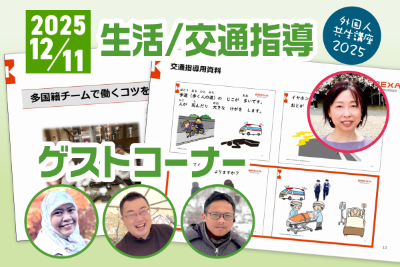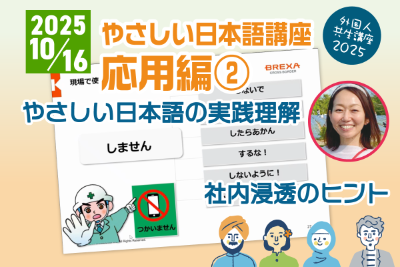- やさしい日本語
- ひらがなをつける
- Language
We provide multilingual content through machine translation. Translation accuracy is not 100%. About the multilingualization of the JAC website
- About JAC
- JAC Membership Information
- Specified Skilled Worker Acceptance
- Specified Skilled Worker Overview of the system
- 10 Mandatory Assistance for Foreigners
- Online individual consultation
- Seminar on Coexistence with Foreign Nationals
- Leading examples of host companies
- Case studies collection "Visionista"
- Foreigner's Voice
- Foreign Resident Acceptance Manual / Q&A
- Useful column "JAC Magazine"
- Acceptance support services
- Specified Skills Acceptance Support Service
- Skills improvement support
- Online Special Education
- Skill training
- Japanese Language Course
- Education and Training Support
- Subsidy system for obtaining qualifications
- Support for creating a comfortable workplace
- Temporary Return Support
- CCUS charge support
- Support system for promoting the accumulation of employment history
- Post-acceptance training
- Compensation system for Specified Skilled Worker (i)
- Daily life support
- Medical interpretation support
- Support for daily life problems
- freeJob matching
- The Specified Skills Evaluation Exam
- Home
- JAC Magazine
- Specified Skilled Worker System Key Points
- A simple explanation of the 7 basic steps of Specified Skills
- Home
- JAC Magazine
- Specified Skilled Worker System Key Points
- A simple explanation of the 7 basic steps of Specified Skills

A simple explanation of the 7 basic steps of Specified Skills
I wrote the article!

(One company) Japan Association for Construction Human Resources
Chief of Research and Development Department / Administration Department / Public Relations Department
Motoko Kano
(Kano Motoko)
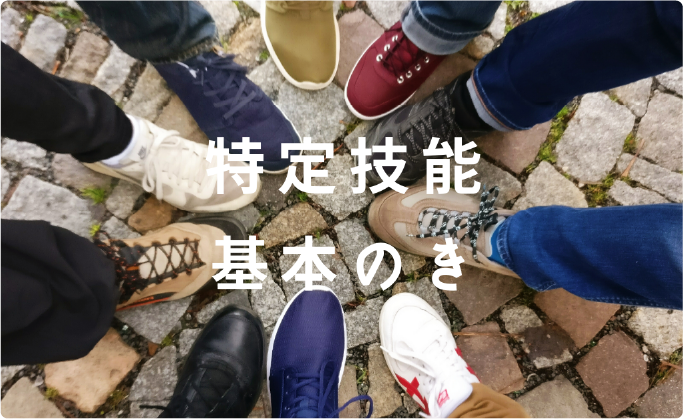
First of all, what is "Specified Skills"?
Specified Skills is the name of your status of residence.
It is one of the status of residence called "permanent resident", "diplomacy", "intra-company transfer", "study abroad", "Technical Intern Training", etc.
This is a status of residence that allows foreigners to work in fields where it is difficult to secure human resources. In addition to the construction industry, it is accepted in 16 other fields, including agriculture, fishing, and nursing care.
"What should construction companies do first to actually hire Specified Skills?"
In order to accept Specified Skilled Worker in the construction sector, you must be a regular member organization or a supporting member of JAC.
This is to ensure that free riders or outsiders who take advantage of Specified Skills are not tolerated, and to enable accepting companies to compete in a fair market and conduct stable business with fair treatment.
General contractors and specialized construction industry associations will not accept companies that hire foreigners at low wages and lower their bid prices to win jobs.
JAC was established to work across the industry to improve working conditions for not only foreign workers but also Japanese craftsmen.
01. CCUS Registration
In order to accept Specified Skilled Worker in the construction sector, you need to register with the "Construction Career Up System".
Construction Career Up System was introduced to visualize the qualifications of construction technicians, on-site work history, social insurance enrollment status, etc., so that they can be treated according to their skills and experience.
To proceed, please obtain a "Construction Career Up System Business Number (Business ID)".
After that, please obtain your "Construction Career Up Technician ID".
02. Explanation of important matters related to specified skilled worker employment contracts
The accepting company must use the prescribed format for the "Advance Explanation of Important Points Regarding the Employment Contract" to explain the expected remuneration, job details, etc. in a language that the foreign worker can fully understand (usually their native language) and confirm that the foreign worker has understood the details.
Companies often do not fully understand this document and outsource it to a third party, and foreign workers sign it without really understanding it, which can lead to disputes over wages after the start of employment. This makes the document meaningless.
Some of the documents that need to be submitted to government offices can be difficult to understand, but this advance explanation of important matters is written in very easy-to-understand language.
Be sure to prepare the document yourself and explain it clearly to the foreign worker. He or she will be a valuable asset to your company for up to five years.

03. specified skilled worker employment contracts
Now, it's finally time to sign the employment contract.
The key points of the contract are as follows:
① Remuneration equal to or greater than that of Japanese with equivalent skills
② It is a monthly salary system
3) There is a salary increase
During the next process, the screening process at the Regional Development Bureau, your wage will be compared with "the wages of Japanese people of the same level working at the same company," "the wage level within the prefecture for that job type," and "the wage level for that job type nationwide."
Therefore, if wages are deemed low, they will be instructed to raise them.
*Please note that in this case, you will need to receive an explanation of important matters and sign a new employment contract!

The employment contract form is available on the Ministry of Justice website, so please download it and use it.
From now on, you will be signing a contract with your coworkers for up to five years. Please make sure you reach a mutual understanding and sign the contract.
Later, I heard foreigners say, "I couldn't say this at the time (when I signed the contract), but I want to go to my friend's company because my salary is lower than his."
Let's make sure that the talent we have finally acquired doesn't go away.
04. Submit the acceptance plan to the Regional Development Bureau
This is a unique initiative in the construction industry that is not found in other sectors, and is an application for national certification.
The accepting company will submit the amount, based on the following basic principles: 1) salary equal to or greater than that of Japanese workers, 2) monthly salary system, and 3) salary increases, to the national government (Regional Development Bureau).
JAC then conducts on-site inspections to check whether foreigners are being accepted in accordance with this plan.
This application must be made by the host company itself.
When I point this out during my on-site guidance, I hear people say, "I didn't know because I left it to them."
Even if it is outsourced to a third party, the company remains responsible.
Therefore, do not leave it all to them, but make sure that the person in charge at the receiving company carefully checks what information has been reported to the government.
The "acceptance plan" to be submitted will include the amount of remuneration, allowances, and plans for skill improvement.
All registration is done online. Please start by registering provisionally using your company email address.
05. Creating a Support Plan for Specified Skilled Worker (i)
Not only in the construction sector, but also companies that accept Specified Skilled Worker (i) must implement support in professional, daily or social life. Therefore, the host company is supposed to create an "Support Plan for Specified Skilled Worker (i)" and submit it to the Regional Immigration Services Bureau.
This support can be outsourced to a third party, but the responsibility lies with the host company. Therefore, let's understand the content of the support properly.
■ Support Plan for Specified Skilled Worker (i) Details
https://jac-skill.or.jp/system/support.php
■ The form is available on the Ministry of Justice website
http://www.moj.go.jp/isa/policies/ssw/10_00020.html
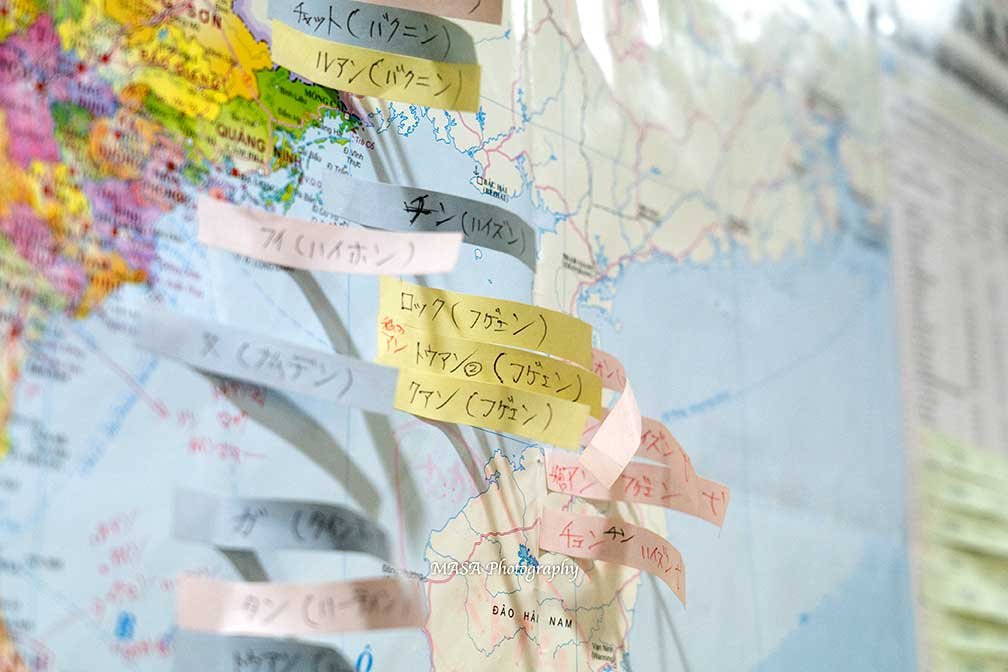
06. Application to Regional Immigration Services Bureau
This is the last hurdle before acceptance. Simply put, it is the procedure for receiving a residence card.
If your application is unsuccessful, you will receive a "Notice of Non-issuance."
Please check here for details of the procedure.
■ When hiring a foreigner who is already in Japan
http://www.moj.go.jp/isa/applications/procedures/16-2.html
■ When hiring foreigners overseas
http://www.moj.go.jp/isa/applications/procedures/16-1.html
Also, if you are hiring a Vietnamese person, please check each one as the procedure is fluid.
■ Immigration Services Agency of Japan (Regarding Vietnam)
http://www.moj.go.jp/isa/policies/ssw/nyuukokukanri06_00109.html
07. Reception Report
Now, the residence card has been issued and the foreigner has started working at the company.
Oh well... I'm thinking, but I'll report to the Ministry of Land, Infrastructure, Transport and Tourism's Regional Development Bureau that we have accepted foreigners.
To do this, you need to log in to the Ministry of Land, Infrastructure, Transport and Tourism's "Foreigner Employment Management System," select the foreigner who has started working, and press the report button. At that time, you need to enter your residence card number.
At this time, there are often cases where you enter your past residence card number, such as the number at the time of Technical Intern Training.
Please be careful as you will quickly know whether your residence card is valid or not.
JAC may call you to confirm.
■ Foreign Work Management System
https://gaikokujin-shuro.keg.jp/gjsk_1.0.0/portal
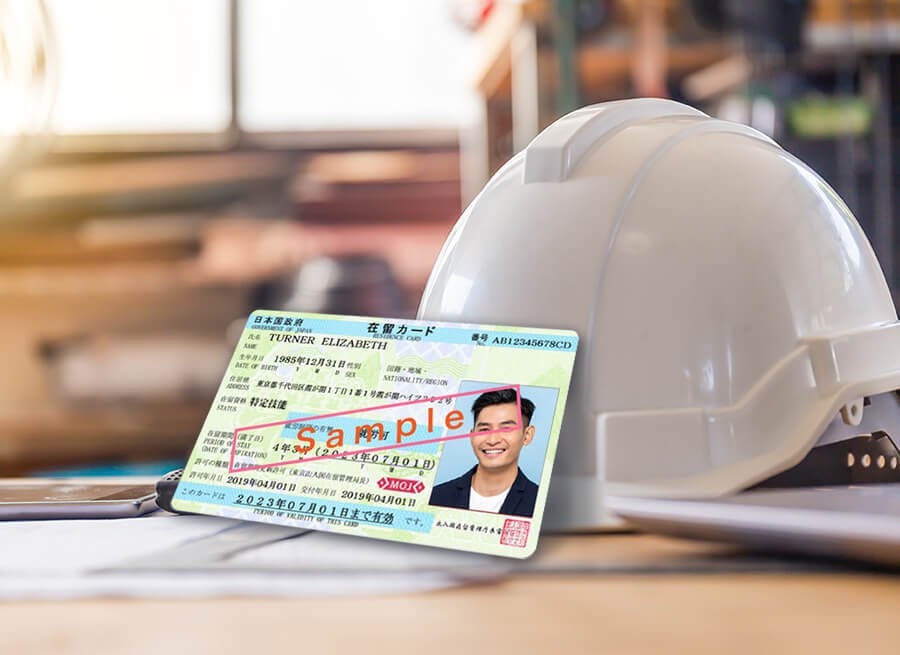
Editor's Note
The construction industry has always been an industry that values people.
Companies can increase their competitiveness by welcoming both foreign and Japanese people to work together, helping them improve their skills, and nurturing them into fully-fledged craftsmen.
Once you hire someone, management involves supporting them as a company rather than relying on their individual efforts.
We hire people because we don't have enough manpower, but hiring is the foundation of company management, just like capital investment.
I don't recommend adopting it blindly.
Whether or not a company can employ a team of one or even three skilled craftsmen depends entirely on the trust it has with the people who work there.
Relationships with superiors, subordinates, friends, colleagues, business partners, and fellow business colleagues...
I hope that the construction industry will continue to be an industry that "values people."
Please take care of your friends...
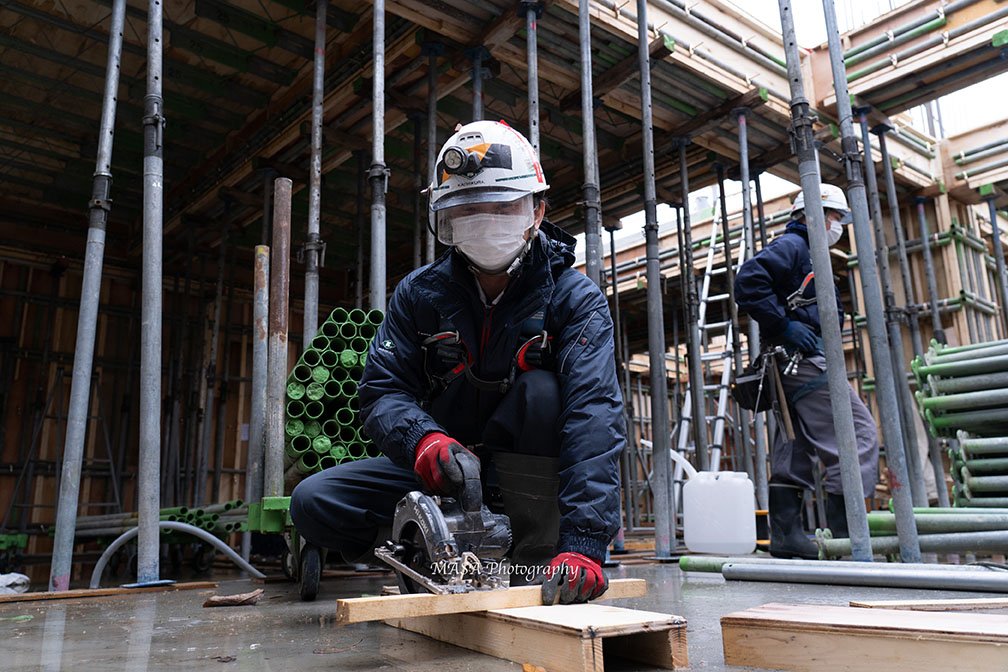
The author of this article

(One company) Japan Association for Construction Human Resources
Chief of Research and Development Department / Administration Department / Public Relations Department
Motoko Kano
(Kano Motoko)
Born in Aichi Prefecture.
He is in charge of public relations, research and investigation, and is the person behind social media.
We update our social media accounts daily with the desire to make people fall in love with Japan, to spread the appeal of construction from Japan to the world, and to ensure that Japan's construction industry continues to be the industry of choice around the world.
He is also engaged in research into the feasibility of implementing skills evaluation exam in Asian countries, and is conducting interviews with local organizations in each country.
Related articles
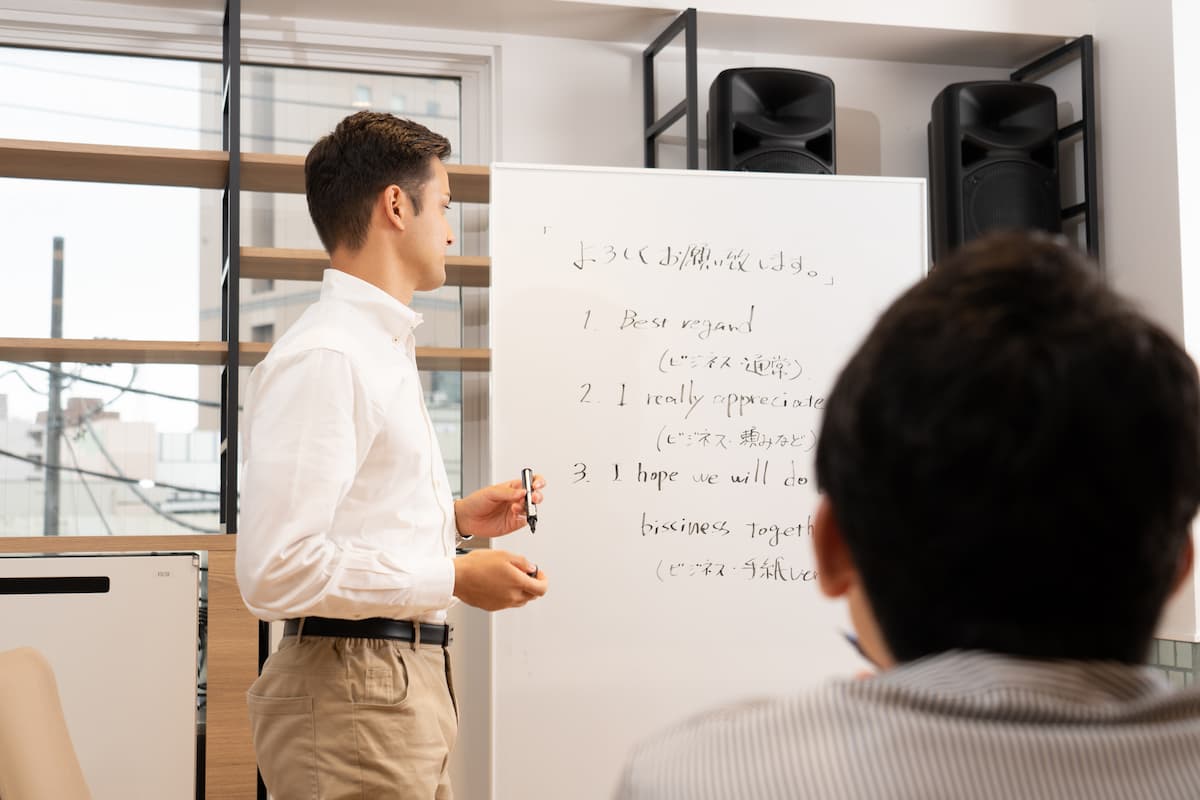
What is the estimated cost to pay for Registered Support Organizations? See how you can support yourself
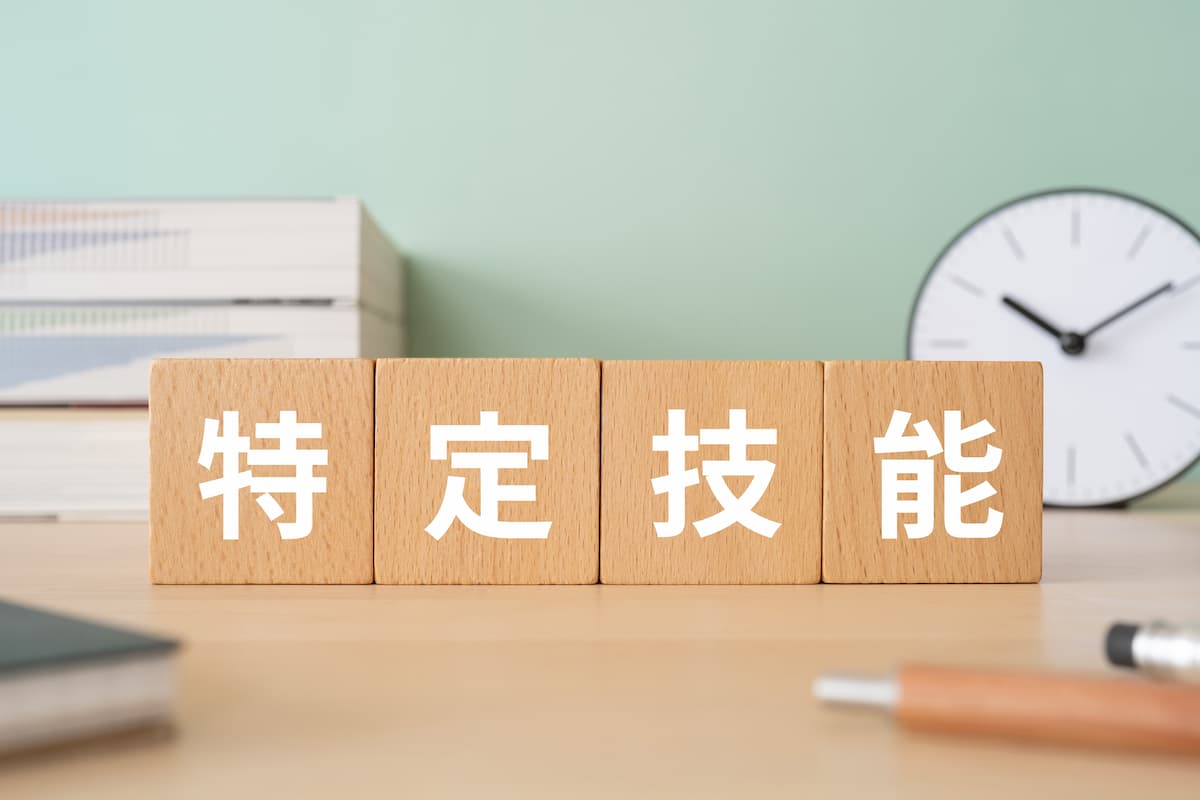
What is Registered Support Organizations? Introducing the content of support in an easy-to-understand manner

What is the "life orientation" that is carried out when hiring a Specified Skilled Worker?

What is the number of people accepted for Specified Skilled Worker? Is there a limit to the number of people in the construction field?














